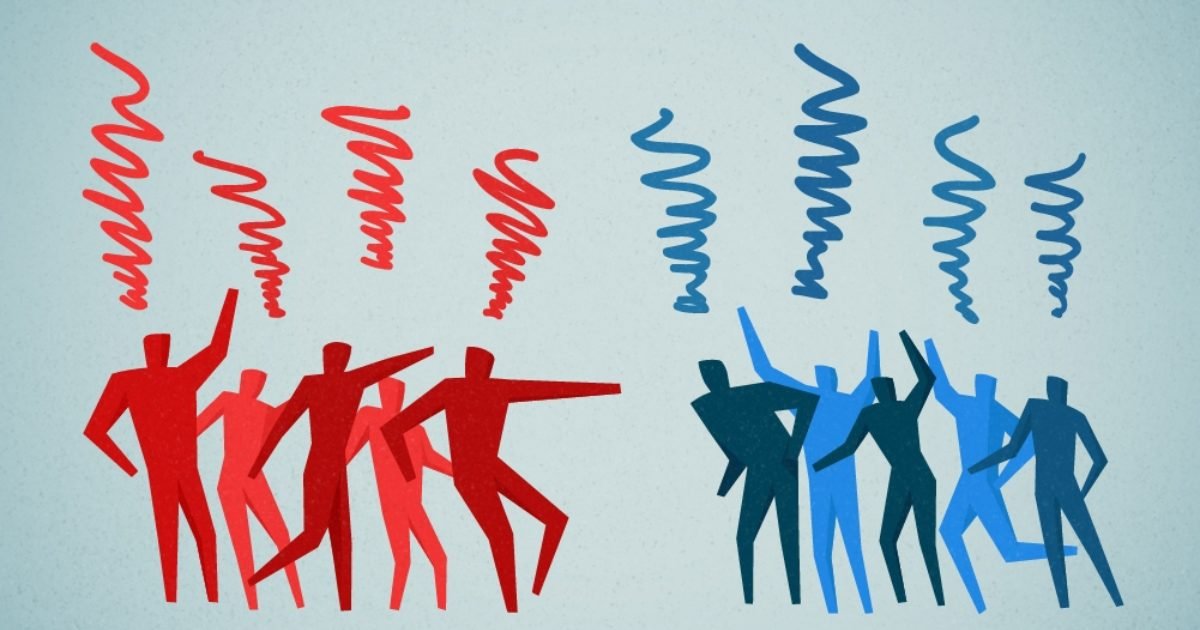CENTRE FOR RESEARCH AND EVIDENCE ON SECURITY THREATS
From the document: "Eruptions of violence during the events of January 6th 2021 exemplified the need to understand how conspiracy theories and extremism interact to create security threats. Social media presents as a key player in this exchange, and this project sought to respond to that dynamic by exploring and seeking to understand the intra-actions in groups which discuss both conspiracy beliefs and extreme ideas. To achieve this, it synthesises techniques from computer science and social science to analyse data from platforms which enable and promote unguarded speech. [...] This report seeks to understand how conspiracy theories and extreme ideologies impact one another. [...] This report will introduce a new method analysis of conspiracy and politically motivated groups named the SHIFT analysis. This analysis combines data science and social research techniques within a broadly abductive approach to develop new understanding of dynamic events. SHIFT analysis, which is mutable and robust to examine a singular group or between group interactions in this context, is applied to examine the QAnon movement, in the context of the lead up to and aftermath of January 6th, which espoused both extreme political ideology and conspiracy beliefs." "SHIFT" comes from the beginning letters of the following five analysis procedures: 1. 'S'ocial network analysis and identification; 2. 'H'one extracted sample and coding; 3. 'I'nvestigative netnography; 4. 'F'rame analysis; and 5. 'T'ext analytics.
CENTRE FOR RESEARCH AND EVIDENCE ON SECURITY THREATS. JUN, 2024. 36p.




